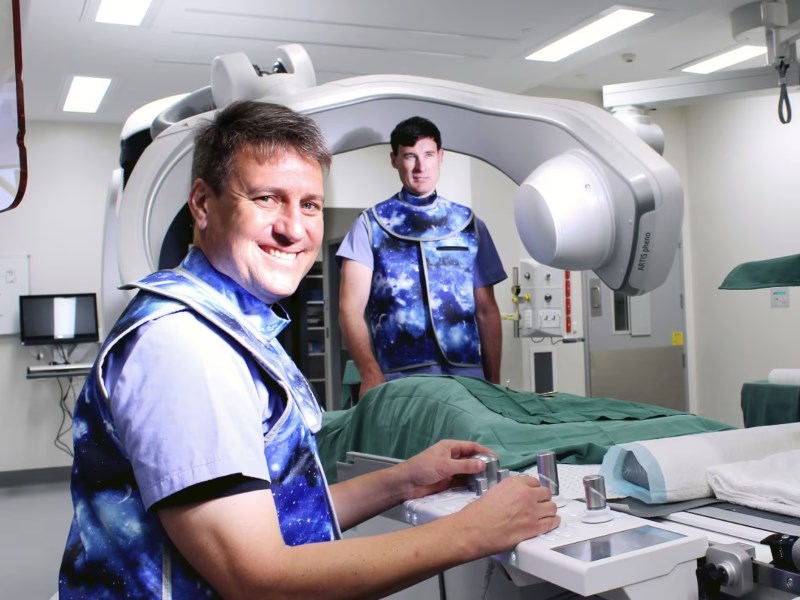Researchers will develop artificial intelligence that detects melanomas, treats youth mental health and brings down the cost of radiotherapy with $30 million in medical research grants.
Health minister Mark Butler announced the recipients over the weekend, with 10 university researchers each receiving grants of around $3 million from the Medical Research Future Fund.
The funding comes as Australia waits on a dedicated regulatory framework for AI, expected to ban the highest risk applications and encourage responsible uptake.

Among the new grant recipients is the University of Queensland’s Professor Monika Janda, who will now explore AI powered skin imaging for early detect of melanomas in rural patients.
The $3 million project is expected to researchers with the infrastructure needed to establish the world’s largest skin imaging database combining imaging, phenotypic, pathology and genetic data. This will inform research efforts on new diagnostics and treatment.
Another near-$3 million grant will go to a project led by University of Sydney Professor Paul Keall to improve the radiotherapy of standard devices using AI. The standard devices cost around $3 million and account for almost all radiotherapy in Australia.
$10 million devices are offering reduced side effects while better targeting cancer, but are in high demand. The new grant will help scale up Professor Keall’s AI platform, which can allow the cheaper devices to perform more targeted radiotherapy.
Another grant will fund University of Melbourne AI services, software, data linkages, web applications, education, and safety monitoring for youth mental health.
Mr Butler said AI has the potential to revolutionise many fields if it can be used safely.
“These important research projects will help build the infrastructure that will underpin our use of AI in the healthcare system, improving the lives of Australians everywhere.”
The federal government is still devising a risk-based regulatory framework for AI, after running a consultation process last year and asking experts to develop options this year.
In its initial response to AI safety the government flagged the use of AI-enabled robots for medical surgery as an example of the high risk use that may need heavy regulation or an outright ban under the upcoming framework.
“Patients will be better off if we can use AI to make diagnoses more accurate and treatments more personalised,” Science and Industry minister Ed Husic said.
“For that to happen, patients need to trust AI is safe to use. The guardrails we’re considering around development and use of AI means the community can have confidence these powerful technologies are being used safely and responsibly while delivering those benefits.”
Do you know more? Contact James Riley via Email.

